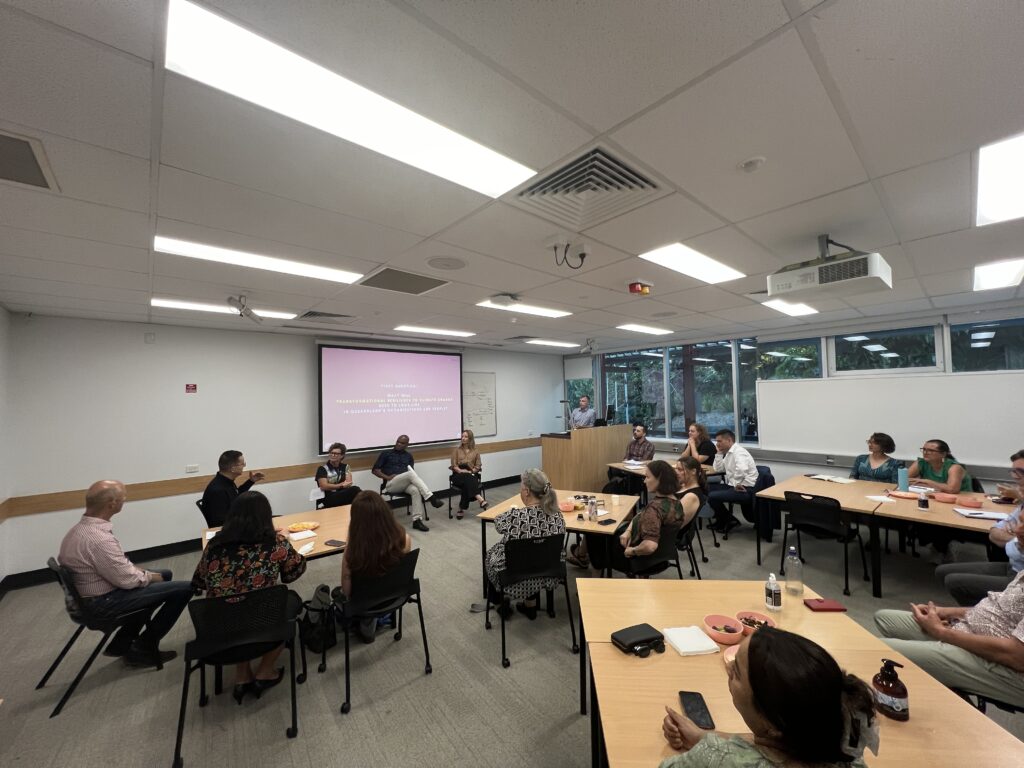
- Research project
- – Western Pacific
Humanity is already feeling the impact of man-made climate change, here in Australia, throughout the Asia-Pacific region, and around the world. While we don’t know exactly how bad it will get, the IPCC has warned about increasingly destabilizing impacts. To remind us of the severity of what we are up against, the past year has seen global heat records being smashed. Locally, our resilience will be tested, not only in the environment but in our organizations and people too.
In the resilience literature, we often see a mention of three levels, e.g. survive–recover–thrive, recover–adapt–improve, or prepare–withstand–thrive. In our world today, humanity aspires to achieve the highest possible level of resilience to climate change impacts. Not a mere bouncing back, but a much-needed systemic improvement.
The call for systemic improvement in resilience implies a need for transformation – Resilient Rivers and a Green and Blue by 32 legacy. With ambitions such as turning catchments and cities green and making waterways blue by 2032 when the Olympic and Paralympic Games are coming to town – what will it take to achieve such a systemic boost of resilience across South East Queensland?
On 26th February the IWC convened a workshop style event to bring together participants from State government, local government, consultancy, Universities, not for profits and water utilities to engage in what transformational climate resilience means, and what we need to do to strengthen it in South East Queensland.
29 participants registered and came together to listen to views from Wouter Lincklaen Arriens and a specially convened panel comprised of Rachael Nasplezes, Julius Kottir and Alicia Kennedy before working through a series of questions designed to facilitate delving into transformational climate resilience. Post workshop a WhatsApp group has been formed to facilitate further discussion and connection in this important area, reach out to the IWC via [email protected] if you’d like to connect and join the conversation.
